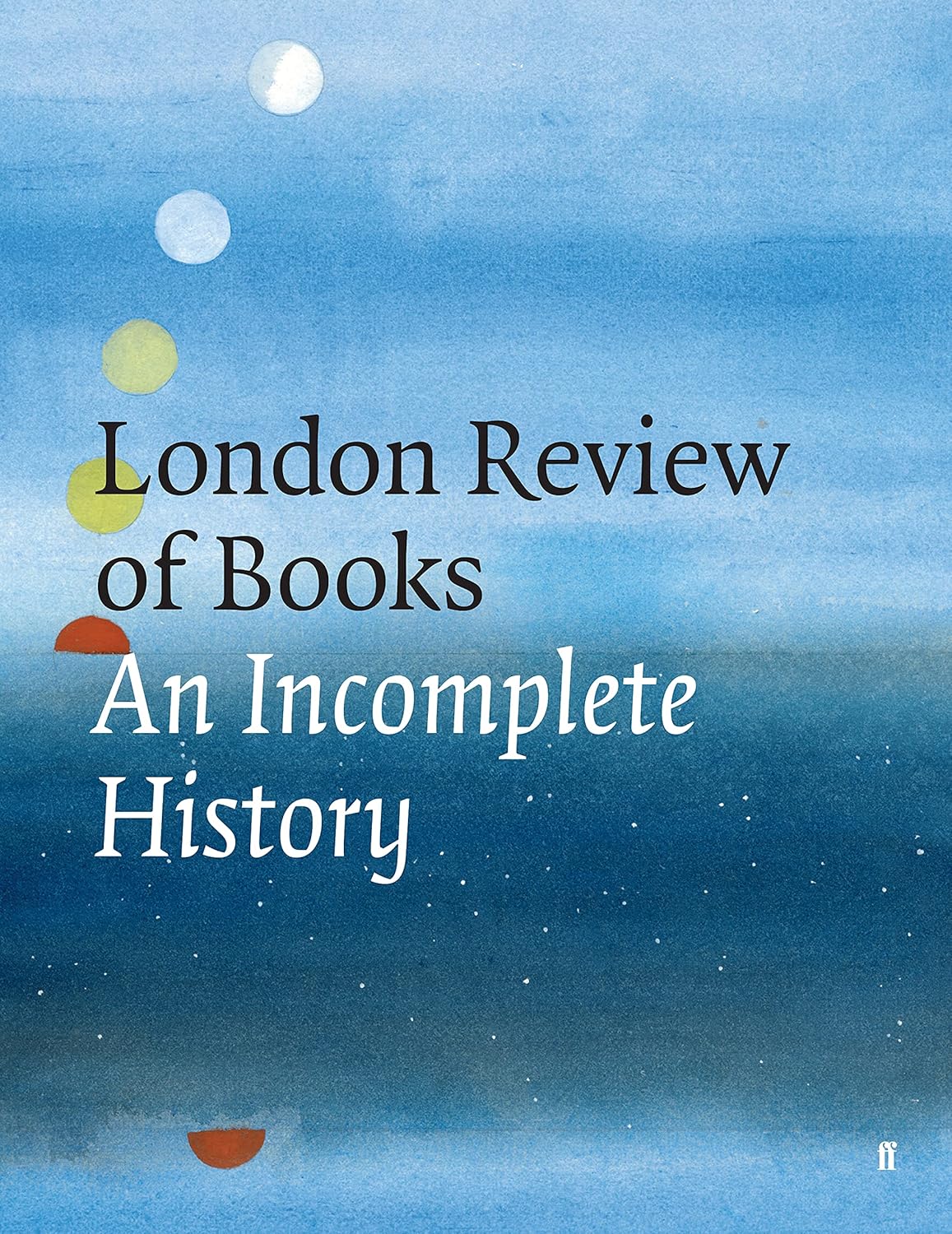Introduction to The London Review of Books
The London Review of Books (LRB) is one of the most respected literary and intellectual magazines globally. Known for its in-depth reviews, essays, and critiques, the LRB has cemented its place as a beacon of thought-provoking content since its inception in 1979. But what sets it apart, and why should it matter to readers today?
The Legacy of the LRB
The LRB is a cornerstone in the world of literary and cultural analysis. Over four decades, it has cultivated a reputation for rigor and originality, offering a platform for some of the most brilliant minds in literature, politics, and culture. Its commitment to fostering intellectual dialogue ensures its legacy remains unchallenged.
Editorial Excellence
How the LRB Stands Out in Curation
Unlike many mainstream publications, the LRB prioritizes quality over quantity. Every issue is meticulously curated, ensuring each piece adds value to its readers.
A Diverse Range of Topics
The LRB doesn’t restrict itself to literature; it dives into politics, philosophy, history, and even science. This range makes it a favorite among intellectuals with eclectic tastes.
Depth Over Breadth
In an era of bite-sized content, the LRB champions the long-form essay. Its pieces don’t just skim the surface—they explore topics in exhaustive detail, providing readers with unparalleled insights.
The Writing Style of the LRB
Engaging and Thought-Provoking
The magazine’s writing is sophisticated yet accessible, striking a delicate balance that invites deep engagement without alienating readers. Writers often use wit and eloquence, making even complex subjects captivating.
Notable Contributors
Over the years, the LRB has featured works from luminaries like Christopher Hitchens, Hilary Mantel, and Edward Said. These contributors have elevated the magazine, making it a repository of some of the most influential ideas of our time.
Reader Experience
Print vs. Digital
The LRB offers a tactile, traditional print experience alongside a modern digital platform. While the print version is cherished for its physical appeal, the digital platform allows easy access and additional interactive features.
Subscription and Pricing
Is the LRB worth subscribing to? Absolutely, if you value intellectual depth and well-crafted prose. It offers flexible subscription options, making it accessible to a broader audience.
Criticisms and Controversies
Like any influential publication, the LRB has faced its share of criticisms. Some argue it caters primarily to an elite audience, while others point to occasional editorial biases. However, its commitment to intellectual honesty often mitigates these concerns.
Comparison with Other Literary Journals
In comparison to journals like The New Yorker and The Paris Review, the LRB’s focus on analytical depth and essay-centric content gives it a unique edge.
Influence on Readers and Writers
The LRB has shaped countless writers and readers, fostering a community that values thoughtful discourse and innovative ideas. Its influence is felt far beyond the literary world.
Conclusion
The London Review of Books remains a vital platform for serious readers and thinkers. Its unwavering dedication to quality, depth, and intellectual engagement ensures its place in the literary world for years to come.
FAQs
- What makes the LRB unique compared to other literary magazines?
Its in-depth analyses and diverse range of topics set it apart from its peers. - How often is the LRB published?
The LRB is published biweekly, offering fresh content regularly. - Can non-subscribers access LRB content?
Yes, though some content is behind a paywall, select articles are available for free. - Does the LRB cater to casual readers?
While it’s tailored for intellectual audiences, curious readers can still find it rewarding. - What are the best ways to start exploring LRB content?
Begin with its online archive or a single issue to sample the diversity of its offerings.
